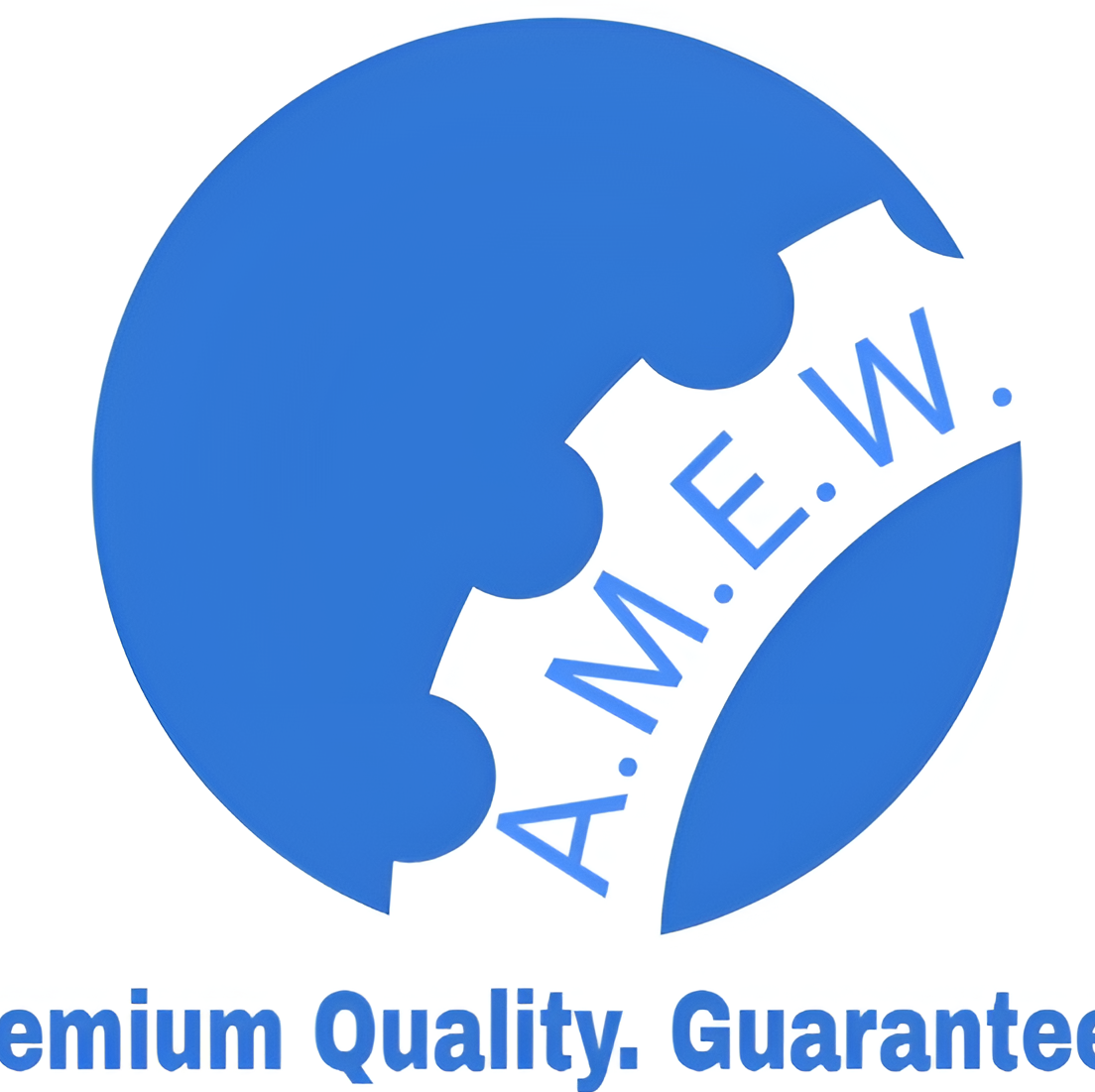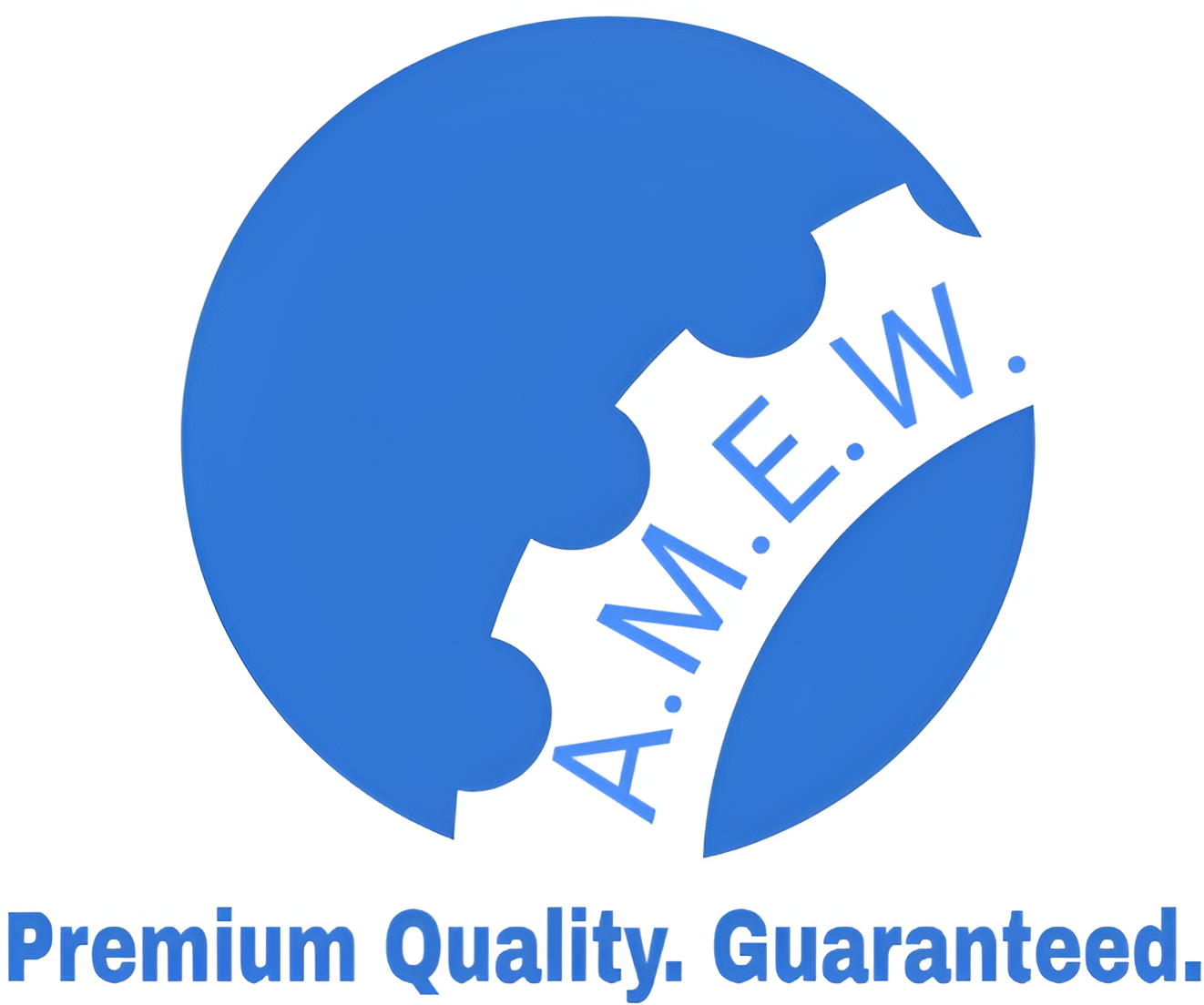Understanding Steel Pipes Types and Applications
Steel pipes are an integral part of countless industries and infrastructure, serving as the backbone for construction, transportation, and engineering projects. From skyscraper plumbing systems to oil pipelines running beneath the earth, steel pipes have become indispensable due to their versatility, strength, and resilience.
If you’re new to the world of steel pipes or simply looking to better understand their uses and benefits, this guide will cover everything you need to know, including various types of steel pipes, their applications, advantages, and maintenance tips to prolong their lifespan.
By the end of this post, you’ll have a comprehensive understanding of why steel pipes are paramount in modern industries and how to ensure they deliver lasting performance.
Types of Steel Pipes
Steel pipes come in a wide array of types suited to specific conditions and uses. Each type is manufactured using distinct methods, providing unique characteristics. Here’s an overview of some of the most commonly used steel pipes:
Seamless Steel Pipes
Seamless steel pipes are produced without a welded seam. This manufacturing process involves heating a solid steel billet and molding it into a pipe through a technique called extrusion.
Benefits:
- Seamless pipes have uniform strength and durability.
- They can handle extreme pressure and temperature fluctuations, making them ideal for oil and gas transportation.
- Common Uses:
- Oil refineries
- Boiler systems
- Power plants
Welded Steel Pipes
Welded steel pipes are manufactured by rolling flat steel plates or sheets into a cylindrical shape and joining the edges through welding. These pipes are classified into various subcategories, such as Longitudinal Welded Pipes and Spiral Welded Pipes.
Benefits:
- Cost-efficient compared to seamless pipes.
- Available in larger dimensions.
- Common Uses:
- Water supply lines
- Structural applications in construction
- Transport of low-pressure gases
Galvanized Steel Pipes
Galvanized steel pipes are coated in a layer of zinc to prevent corrosion and extend their lifespan. The zinc coating provides a protective barrier against moisture and other environmental elements.
Benefits:
- Highly resistant to rust and corrosion.
- Long-lasting in outdoor applications.
- Common Uses:
- Plumbing systems
- Fence construction
- Outdoor railings
Stainless Steel Pipes
Made of stainless steel, these pipes contain high levels of chromium and nickel for enhanced corrosion resistance and a polished appearance.
Benefits:
- High resistance to rust and contamination.
- Aesthetic appeal for visible installations.
- Common Uses:
- Food processing and pharmaceutical industries
- Industrial settings requiring hygiene
Alloy Steel Pipes
Alloy steel pipes are designed by blending steel with other metals such as manganese, nickel, or molybdenum to increase strength, resistance, and performance under harsh conditions.
Benefits:
- Exceptional strength and durability.
- Superior performance in high-pressure and high-temperature environments.
- Common Uses:
- Chemical plants
- Marine environments
Uses and Applications of Steel Pipes
Steel pipes are the workhorses of modern industry due to their adaptability and reliability. Below are some of their key applications across various sectors:
1. Construction
Steel pipes are essential for structural frameworks in buildings, bridges, and industrial plants. Their high strength-to-weight ratio makes them ideal for load-bearing structures and scaffolding.
2. Plumbing Systems
Both residential and industrial plumbing systems use steel pipes for the distribution of water, gas, and other fluids. Galvanized or stainless steel pipes are typically preferred for plumbing due to their resistance to corrosion and contamination.
3. Oil and Gas Industry
Seamless steel pipes are indispensable for the safe and efficient transport of petroleum, natural gas, and other hydrocarbons through pipelines that must withstand high pressures and tough environmental conditions.
4. Automotive Manufacturing
Steel pipes are used to manufacture components like exhaust systems and chassis parts in the automotive industry because of their durability and lightweight nature.
5. Energy Sector
Applications like wind turbines, geothermal wells, and power generation plants all use steel pipes to harness energy and distribute it across grids.
6. Industrial Processing
Steel pipes support industrial processes such as fluid transfer, chemical processing, and food sterilization. Their ability to resist high pressures and extreme temperatures makes them ideal in these environments.
Benefits of Using Steel Pipes
Why are steel pipes a go-to solution for so many industries? Here are their standout advantages:
Strength and Durability
Steel is one of the strongest materials available, offering unrivaled durability. Steel pipes can handle high pressure, loads, and harsh environmental conditions without deteriorating.
Cost-Effectiveness
Although the initial cost may be higher than alternative materials, steel pipes provide long-term cost savings due to their durability and low maintenance requirements.
Versatility
Steel pipes are suited for a multitude of applications, ranging from plumbing to heavy industrial use. They can also be customized or treated for specific needs, such as galvanization or alloying.
Corrosion Resistance
Certain types of steel pipes, especially galvanized and stainless steel pipes, are highly resistant to corrosion, providing longevity and usability in diverse conditions.
Sustainability
Steel is recyclable, making steel pipes an eco-friendly choice for industries looking to reduce their environmental footprint. Scrap steel can be melted and reused without loss in quality.
Maintenance Tips for Steel Pipes
To ensure steel pipes remain in good condition and deliver maximum performance, proper maintenance is essential. Here are some tips to keep them in top shape:
- Inspect Regularly
Check pipes for signs of rust, corrosion, or leaks. Promptly address any issues before they compromise the performance of the pipes.
- Clean Thoroughly
Remove dirt, grease, or chemical residues from steel pipes, especially in industrial or outdoor settings. Regular cleaning can prevent corrosion.
- Apply Coatings
For added protection, apply anti-corrosion coatings or galvanization to steel pipes that are exposed to moisture and harsh environments.
- Monitor Joints and Fittings
Ensure that all joints, fittings, and seals are tight and free from wear. Replace faulty parts promptly to prevent leakage.
- Prevent Overloading
Avoid subjecting steel pipes to excessive pressure or load, as this could cause deformation or cracking.
- Use Compatible Cleaning Agents
When dealing with stainless or galvanized steel pipes, use cleaning agents specifically designed for these materials to avoid damaging the surface.
By following these maintenance tips, steel pipes can provide years, even decades, of reliable service.
Why Steel Pipes Are a Must for Modern Industries
Steel pipes are much more than just conduits for fluids; they are the foundation of modern industry and infrastructure. Whether you’re constructing a building, laying down pipelines, or creating a durable plumbing network, steel pipes offer unmatched strength, versatility, and cost efficiency.
By understanding the different types of steel pipes, their applications, and their benefits, you can make well-informed decisions that deliver lasting value to your projects.
If you’re looking to incorporate top-quality steel pipes into your next project, remember to consider features like material type, resistance capabilities, and the specific demands of your application.
Steel pipes continue to be an investment in strength and sustainability, offering solutions that meet the demands of the modern world.

